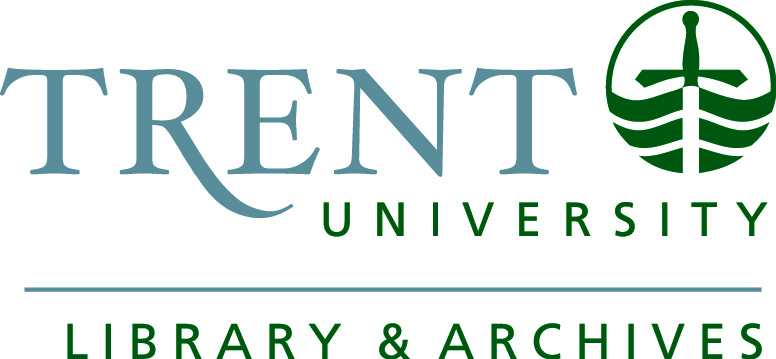Musée 39 - 45
The Musée 39 - 45 contains objects, weapons, equipment, civilian clothing, and military uniforms dating from the Second World War. Founded by military collectors Denis Barbe and Christophe Deschodt, the museum presents thousands of individual artifacts; more than 120 museum mannequins are displayed as personnel from numerous armed forces, equipped with period uniforms and weaponry and displayed in wartime situations. Demonstrating the international scope of the conflict, the museum aims to represent the realities of warfare faced by soldiers of different nations.

